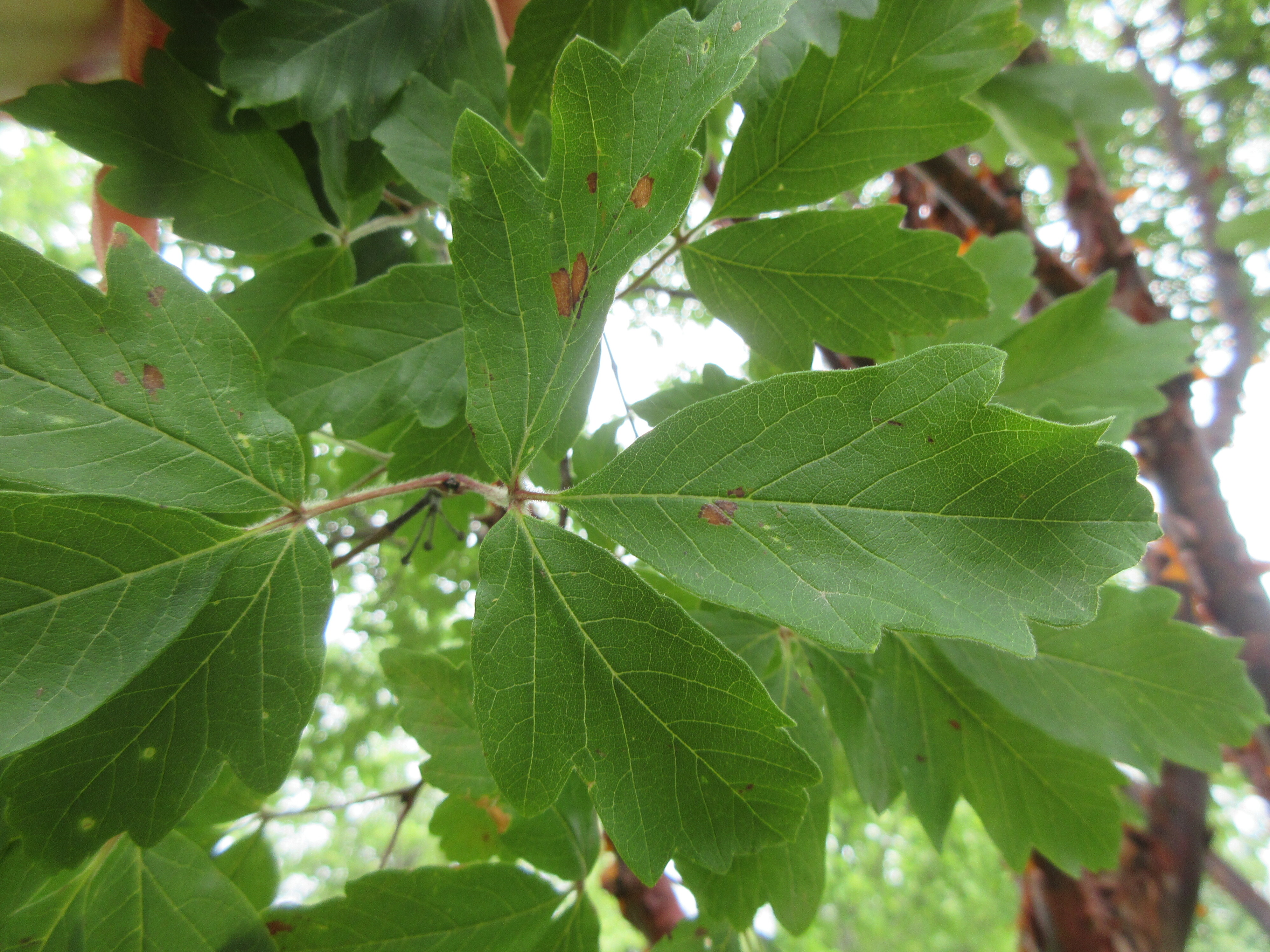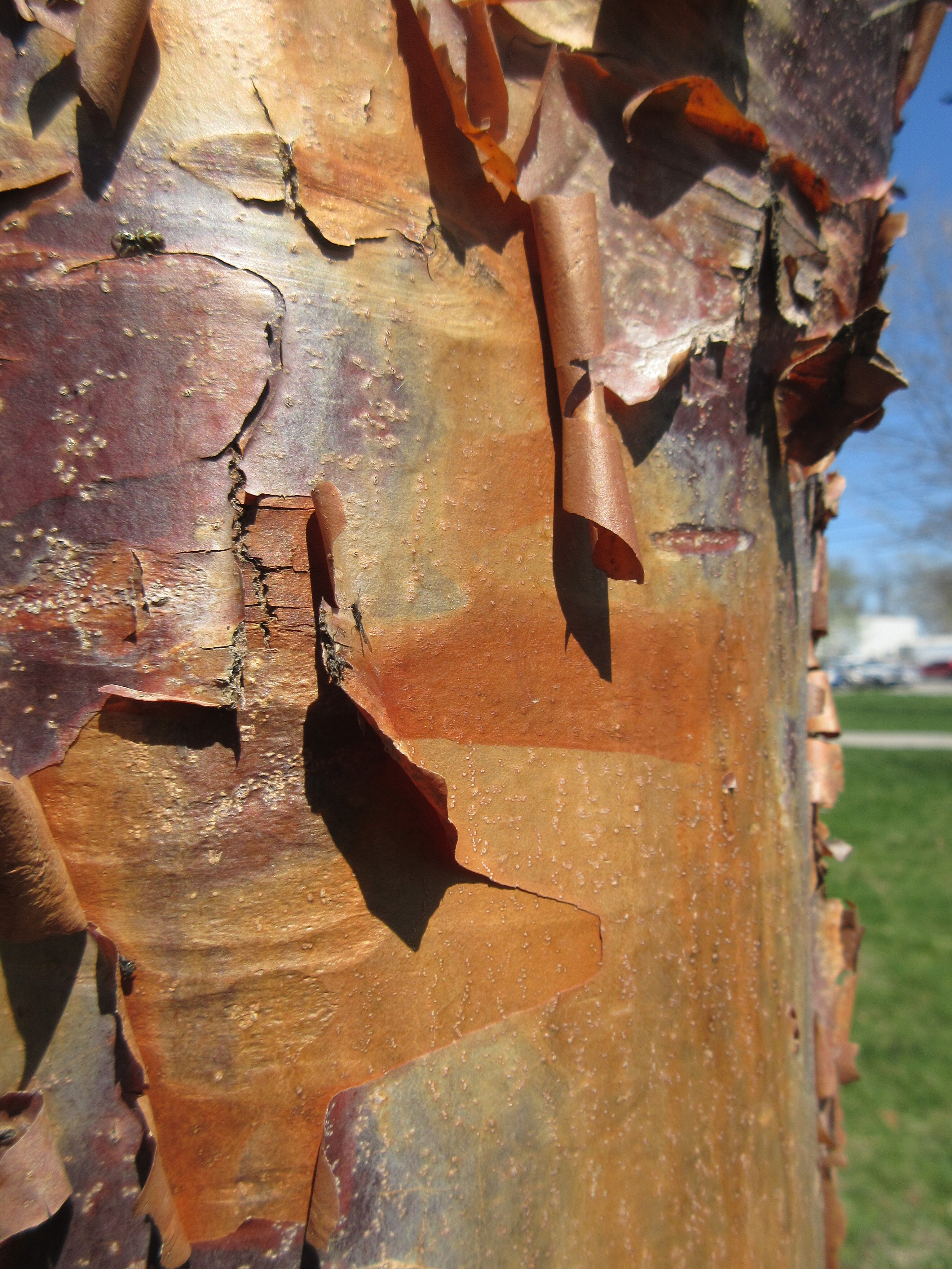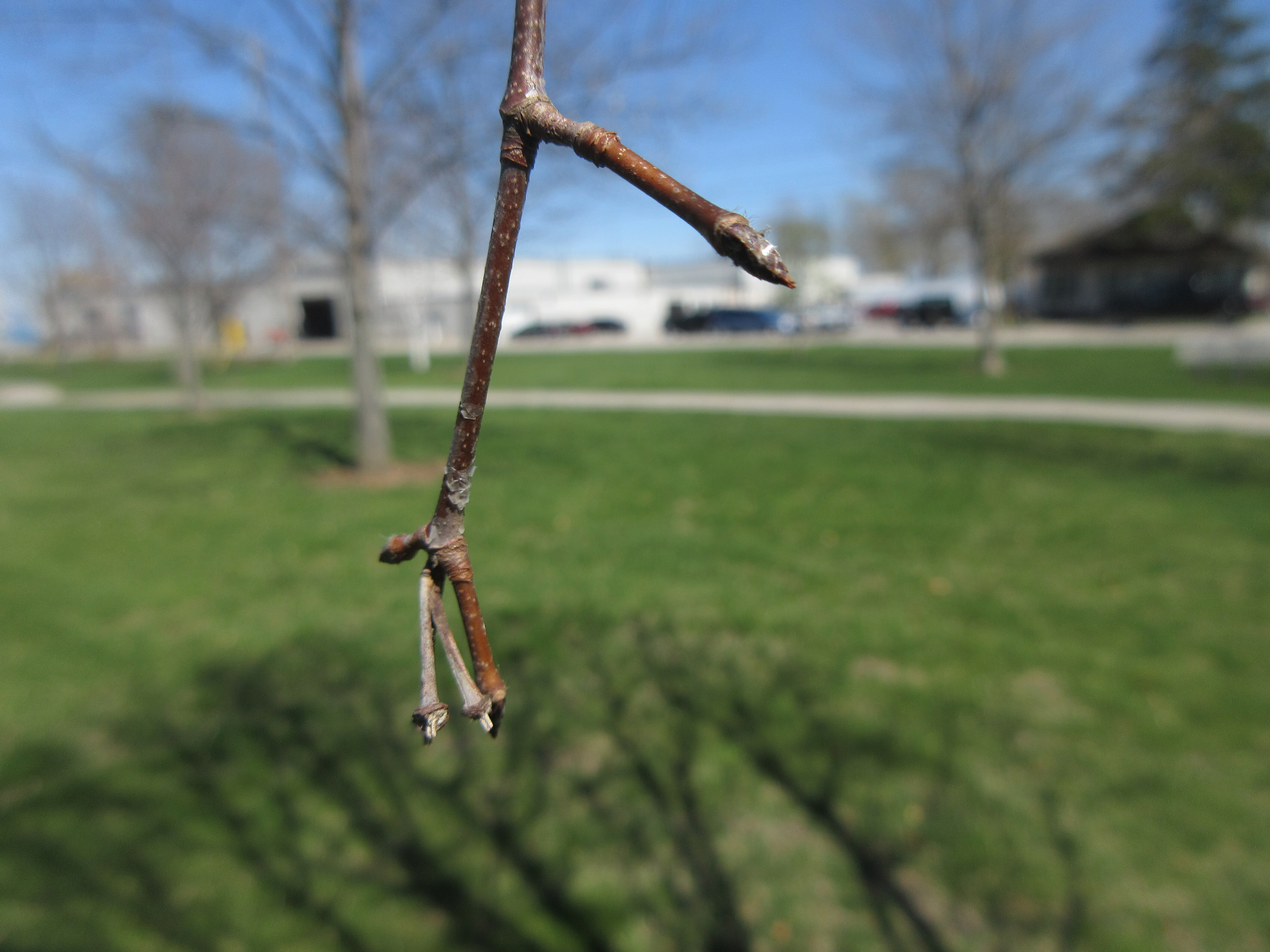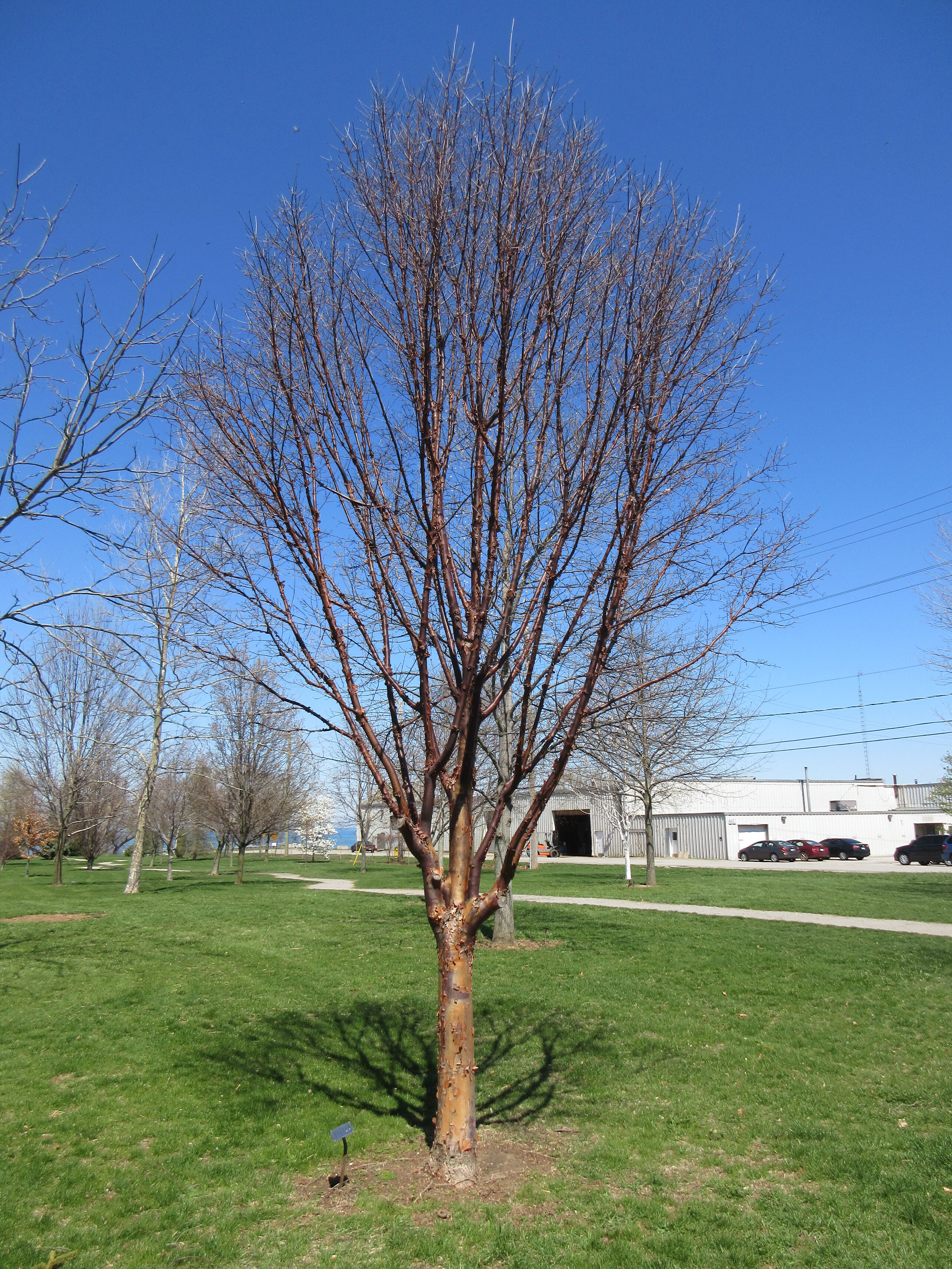Paperbark Maple
Acer griseum
Description
Acer griseum, or paperbark maple, is a non-native species originating from central China. It prefers moist soils that are a sandy or loamy consistency. It is commonly found in the nursery trade and is adaptable to various soil pH levels making it a suitable specimen tree for urban environments. It is advisable to prune in the late spring (June), as cutting may cause sap to leak from the wounds. While this can impact the tree's appearance, it does not harm the tree. The paperbark maple can also be easily transplanted and is known for being one of the last maples to display fall color, with its leaves often lasting into winter.
Planting Site and Native Range
Planting Site
Parks, Residential
Tree Characteristics
Growth Rate
Slow (less than 30cm per year)
Width
5 - 9m
Height
6 - 9m
Soil Quantity
11 - 20 m3
Leaves
Deciduous
Insects and Diseases
Insects and Diseases
No serious or common issues in the urban environment. Verticillium wilt can be an issue, which can cause branch/ limb death and severe cases can cause tree mortality.
Tree Tolerances
Soil Salt Tolerance
Moderate
Salt Spray Tolerance
Unknown
Flooding Tolerance
Low
Drought Tolerance
Low
pH Tolerance
Tolerant of acid to alkaline soil (5.0 to 8.0)
Shade Tolerance
Full Sun Part Shade
Plant Hardiness Zone
Zone 5 (a/b) | Zone 6 (a/b)
Management Notes
Management Notes
Can be multi-stemmed or trained into a small tree Seeds are rarely fertile
Contact us:
info@vinelandresearch.com










